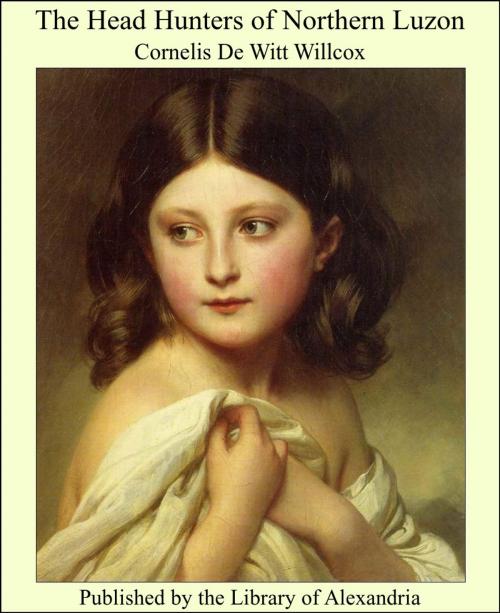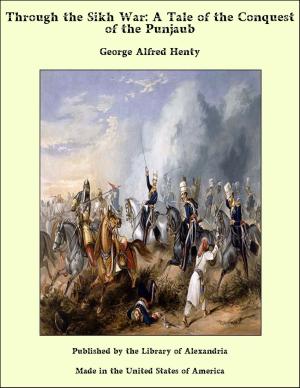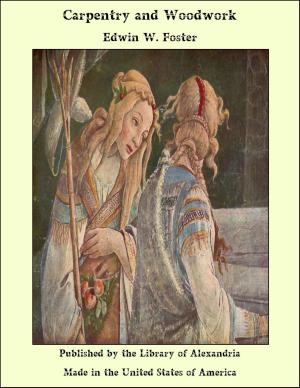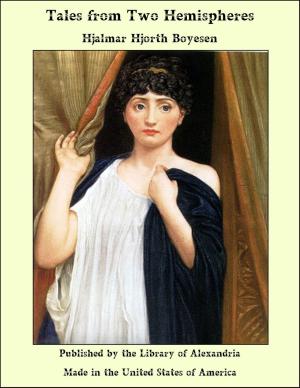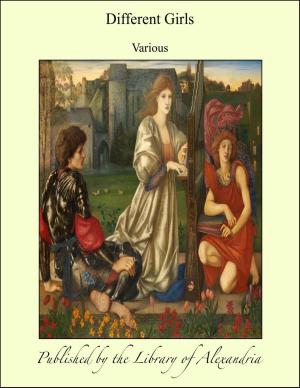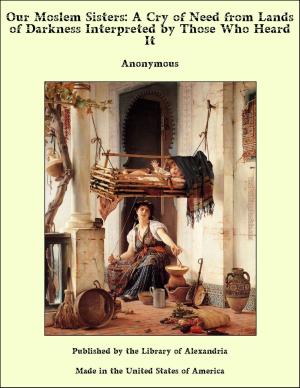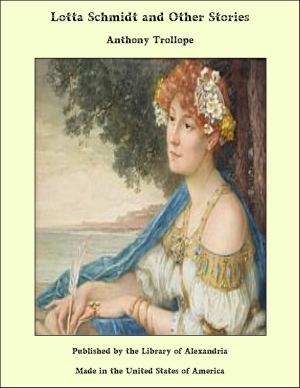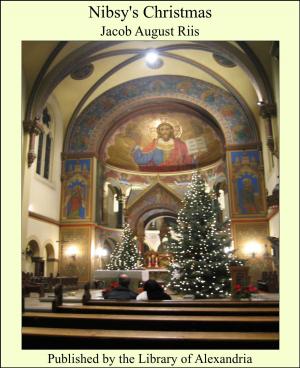The Head Hunters of Northern Luzon
Nonfiction, Religion & Spirituality, New Age, History, Fiction & Literature| Author: | Cornelis De Witt Willcox | ISBN: | 9781465502544 |
| Publisher: | Library of Alexandria | Publication: | March 8, 2015 |
| Imprint: | Language: | English |
| Author: | Cornelis De Witt Willcox |
| ISBN: | 9781465502544 |
| Publisher: | Library of Alexandria |
| Publication: | March 8, 2015 |
| Imprint: | |
| Language: | English |
Highlanders of Northern Luzon.—Meaning of the word “Igorot.”—Trails.—The Mountain Province.—Nature of the country. It is to be regretted that the people of the United States should in general show so little interest in the Philippine Islands. This lack of interest may be due to lack of knowledge; if this be so, then it is the duty of those better informed to do all that lies in their power to develop the interest now regrettably absent. Be this as it may, it is assumed here that most of our people do not know that a very large fraction of the inhabitants of the Philippines consists of the so-called wild men, and that of these the greatest group or collection is found in the mountains of Northern Luzon. These mountaineers or highlanders constitute perhaps, all Other things being equal, as interesting a body of uncivilized people as is to be found on the face of the earth to-day. The Spaniards, of course, soon discovered their existence, the first mention of them being made by De Morga, in his “Sucesos de las Islas Filipinas” (1609). He speaks [1] of them as inhabiting the interior of a rough mountainous country, where are “many natives who are not pacified, nor has anyone gone into their country, who call themselves Ygolotes,” Here we have the first form, the classic form according to Retana, of the word now universally written Igorrote, or in English Igorot. The word itself means “highlanders,” golot being a Tagalog word for “mountain,” and I a prefix meaning “people of.” De Morga mentions the “Ygolotes” as owning rich mines of gold and silver, which “they work as there is need,” and he goes on to say that in spite of all the diligence made to know their mines, and how they work and improve them, the matter has come to naught, “because they are cautious with the Spaniards who go to them in search of gold, and say they keep it better guarded under ground than in their houses,” The Spaniards at a very early date sent armed exploring parties through the highlands and maintained garrisons here and there down to our own time. [2] But they never really held the country
Highlanders of Northern Luzon.—Meaning of the word “Igorot.”—Trails.—The Mountain Province.—Nature of the country. It is to be regretted that the people of the United States should in general show so little interest in the Philippine Islands. This lack of interest may be due to lack of knowledge; if this be so, then it is the duty of those better informed to do all that lies in their power to develop the interest now regrettably absent. Be this as it may, it is assumed here that most of our people do not know that a very large fraction of the inhabitants of the Philippines consists of the so-called wild men, and that of these the greatest group or collection is found in the mountains of Northern Luzon. These mountaineers or highlanders constitute perhaps, all Other things being equal, as interesting a body of uncivilized people as is to be found on the face of the earth to-day. The Spaniards, of course, soon discovered their existence, the first mention of them being made by De Morga, in his “Sucesos de las Islas Filipinas” (1609). He speaks [1] of them as inhabiting the interior of a rough mountainous country, where are “many natives who are not pacified, nor has anyone gone into their country, who call themselves Ygolotes,” Here we have the first form, the classic form according to Retana, of the word now universally written Igorrote, or in English Igorot. The word itself means “highlanders,” golot being a Tagalog word for “mountain,” and I a prefix meaning “people of.” De Morga mentions the “Ygolotes” as owning rich mines of gold and silver, which “they work as there is need,” and he goes on to say that in spite of all the diligence made to know their mines, and how they work and improve them, the matter has come to naught, “because they are cautious with the Spaniards who go to them in search of gold, and say they keep it better guarded under ground than in their houses,” The Spaniards at a very early date sent armed exploring parties through the highlands and maintained garrisons here and there down to our own time. [2] But they never really held the country
